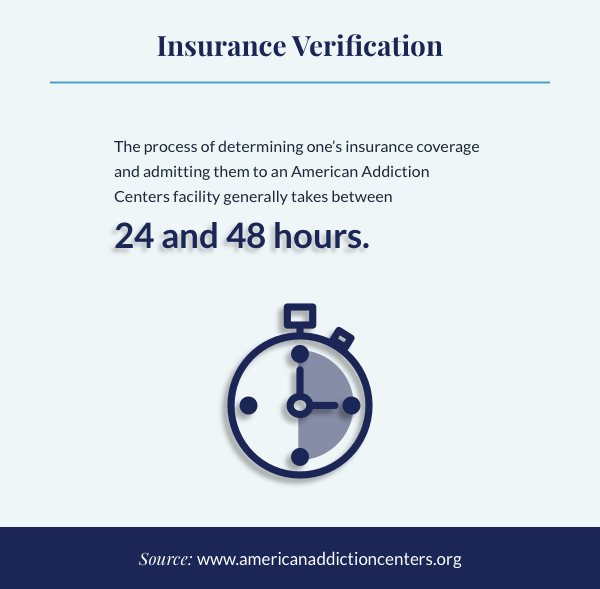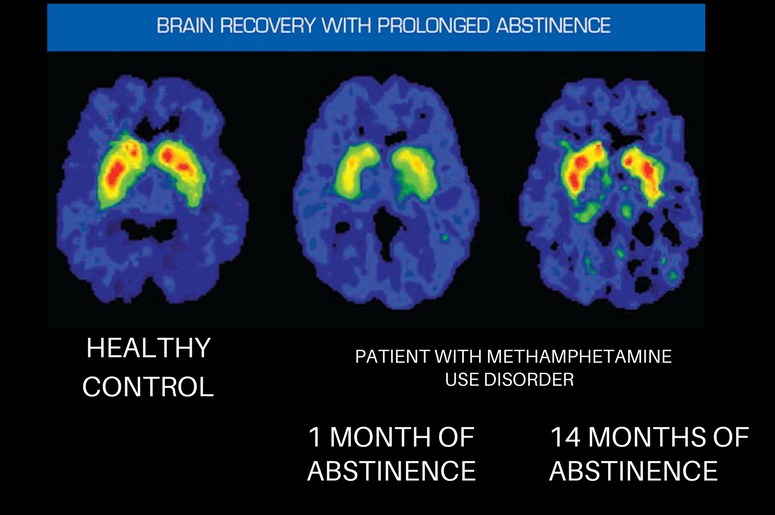Comparable to other persistent diseases such as diabetes, cardiovascular disease, and cancer, dependency is a disease and healing is not always a straight line. There are a million factors why someone relapses, but addiction professionals concur that preventing triggers-the situations and emotions that make drugs attractive-is half the fight. According to Elizabeth Hartney, a leading dependency professional, the leading 5 factors that those battling with dependency relapse are: Stress: Stress is among the top reasons for regression.
Individuals or Places Linked to the Addictive Habits: Being around individuals and places associated with one's dependency can often press a person to relapse (what is the treatment for drug addiction). For instance, returning to a preferred bar may tempt a private to get the bottle again. It's much better to avoid these temptations, specifically in the early phases of healing.
Therefore, generally as a part of treatment, it's i loved this vital to develop efficient ways of managing, these sensations - why is group therapy the most effective treatment for addiction. Seeing or Sensing the Things of Your Dependency: In healing, even a minor pointer of the item of the addiction, such as seeing a portrayal of addicting behavior on tv, can lead to regression.

Times of Event: The majority of circumstances that can activate regression are viewed as negative (what order do you do addiction treatment). However, in some cases positive circumstances such as times of event, where alcohol or drugs exist, are just as risky. Avoiding such events or bringing along a relied on friend can help in avoiding relapse. While regression might occur for some and not others, it is essential to keep in mind that regression does not imply failure.
The Can Meet Develop Ed When They Are Going Through Sexual Addiction Treatment? PDFs
Treatment: Addiction has both mental and physical elements to consider, and both must be managed throughout treatment to enhance a recovery with less and less significant episodes of regression. Stability is often reached through medical detox, as the initial treatment goal is to get rid of the drugs or alcohol safely from a person's body and brain while lessening possible withdrawal adverse effects.
Cognitive Behavioral Therapy (CBT) is an effective tool for improving treatment and assisting to minimize regression, as the journal Psychiatric Clinics of North America mentions that abstinence rates might be increased with making use of CBT techniques. Behavioral therapies assist an individual to become more self-reliant and able to work through potential stressful circumstances that might arise.
Tension is a typical trigger for relapse. By discovering ways to manage both external and internal stressors with CBT, individuals may be able to avoid a possible relapse. Research studies published in the journal Psychiatric Times have actually shown that CBT might in fact help to improve a person's neurobiological circuits in the brain.
Remaining in treatment for the whole length of the program is necessary to prevent prospective relapse. This ensures that brand-new strategies and coping mechanisms are strongly in location before being reestablished to daily life - how does treatment and recovery for a teen help overcome addiction. Length of time check it out in treatment has been straight correlated to continued abstinence and recovery, Psych Central reports, with those who are able to remain in treatment for longer being more likely to prevent regression down the line.
The Only Guide for What Percent Does Medicare Pay For Addiction Treatment
Medications might also be beneficial throughout dependency treatment to control state of minds, handle withdrawal, and keep drug yearnings to a minimum. As an outcome, they are often an essential part of a total treatment program. Comprehensive compound abuse treatment programs often include both healing and pharmacological methods to promote and sustain recovery while working to lessen relapse and manager use activates.
MISSING OUT ON OR UNSTABLE ASSISTANCE SYSTEM: Healing from dependency requires a production of support system of other individuals in healing who really understand what a addict is going through. For many addicts and alcoholics, sooner or later on there is a day or time when sobriety is challenged in some method, and it's important to know whom to turn to throughout these times.
Some individuals likewise discover support through online dependency healing communities or through therapy. Not constructing a support system, make one more vulnerable to getting a beverage or drug when tempted. SPENDING TIME THE EXACT SAME INDIVIDUALS AND PLACES: Throughout the years of consumed or drugged episodes one establishes relationships based upon that addicting habits, and an addict will accompanied particular individuals or in certain locations.
Not altering the environment or circle of buddies, there is a great chance of temptation, and encouragement to return to your old methods. Recovering from dependency indicates starting a new life, and this probably consists of breaking old ties. Building new relationships, new regimens and make healthier options. Hanging on to the old ones is asking for trouble.
What Are The Phases Of Alcohol Addiction Treatment Fundamentals Explained

For others, it might be seeing people consuming on TELEVISION or in a film or walking previous liquor shops or big screens of alcohol in corner store. Triggers might likewise be unpredictable or negative emotions such as anger, unhappiness or tension. To stay sober, one need to understand the individuals, locations or things that could set off a craving.
Sharing these sensations with a sober friend or writing them in a journal will help get a better viewpoint. Knowing new coping abilities for dealing with stress and new ways to respond to triggers. Discovering to contact sensations and discover new ways to process negative emotions. HAVING AN UNDIAGNOSED MENTAL HEALTH ISSUE: Many utilize alcohol or drugs due to the fact that they are attempting to self-medicate psychological health issue such as anxiety or depression.
It is necessary to complete a full psychiatric medical diagnosis and notify mental health professionals, of any pass treatments or emotional problems undermining development. Sobriety needs to continue to be a leading concern in your life, and one must be keenly conscious of the important things that might trigger yearnings. Medical diagnosis and DSM 5: The DSM-V acknowledges substance-related conditions resulting from making use of 10 different classes of drugs: alcohol; caffeine; marijuana; hallucinogens (phencyclidine or likewise acting arylcyclohexylamines, and other hallucinogens, such as LSD); inhalants; opioids; sedatives, hypnotics, or anxiolytics; stimulants (including amphetamine-type substances, cocaine, and other stimulants); tobacco; and other or unidentified substances.
The activation of the brain's reward system is central to issues arising from drug usage; the satisfying sensation that individuals experience as an outcome of taking drugs might be so profound that they overlook other typical activities in favor of taking the drug. While the pharmacological systems for each class of drug are different, the activation of the reward system is similar across compounds in producing sensations of satisfaction or bliss, which is often referred to http://garrettrnva668.trexgame.net/the-best-guide-to-what-is-involuntary-drug-addiction-treatment as a "high." The DSM-V acknowledges that individuals are not all immediately or similarly susceptible to developing substance-related conditions and that some people have lower levels of self-control that predispose them to establish problems if they're exposed to drugs.
The Main Principles Of When An Adolescent Comes For Addiction Treatment
Substance-use disorders are patterns of signs arising from making use of a compound that you continue to take, regardless of experiencing problems as a result. Substance-induced disorders, including intoxication, withdrawal, and other substance/medication-induced mental illness, are detailed together with compound usage disorders. Substance use conditions cover a variety of problems developing from substance use, and cover 11 various requirements: Taking the substance in bigger quantities or for longer than you're implied to.